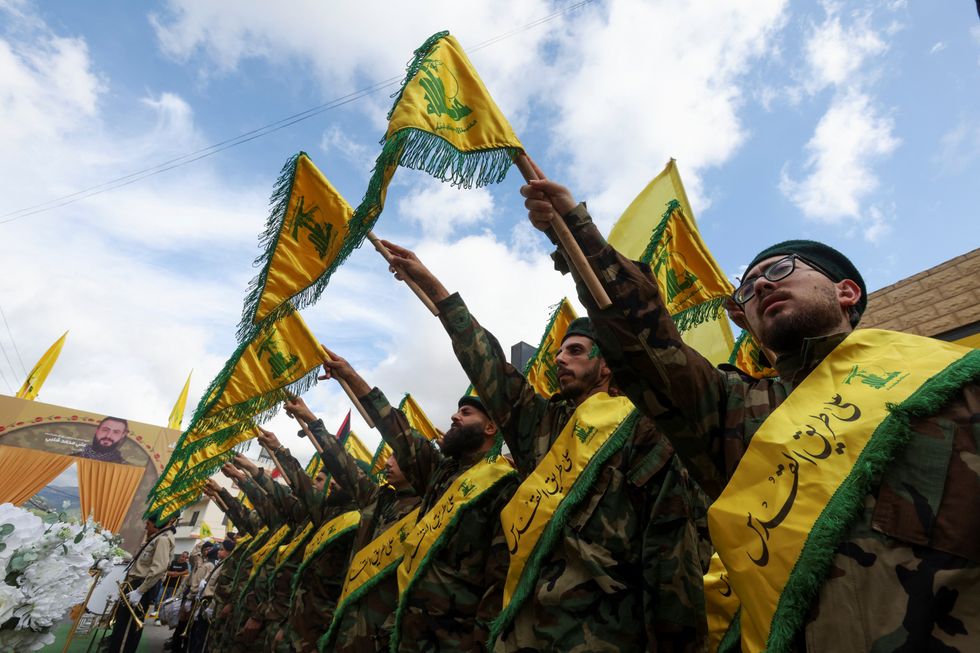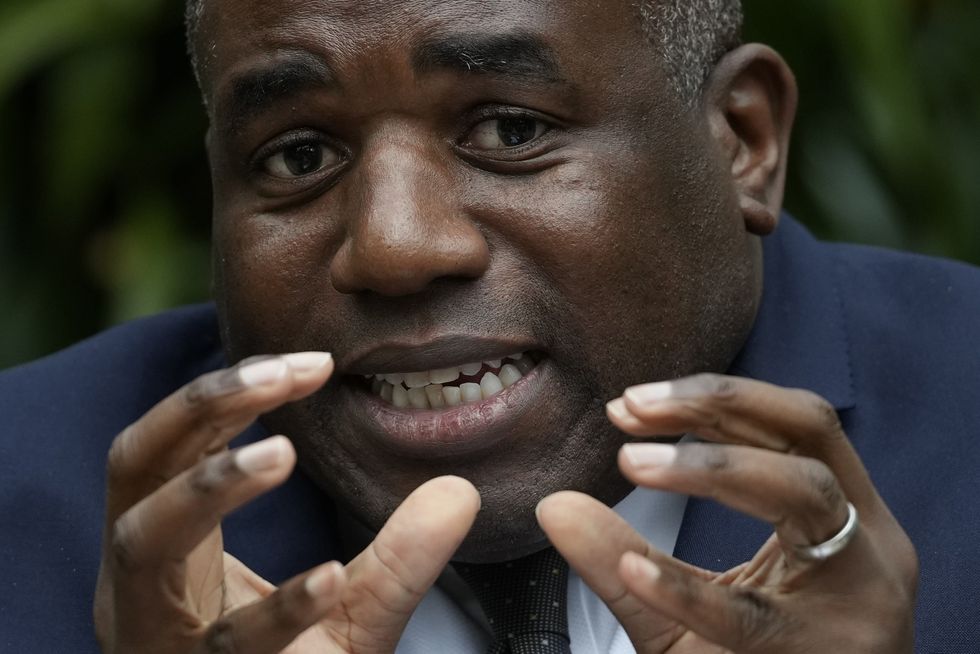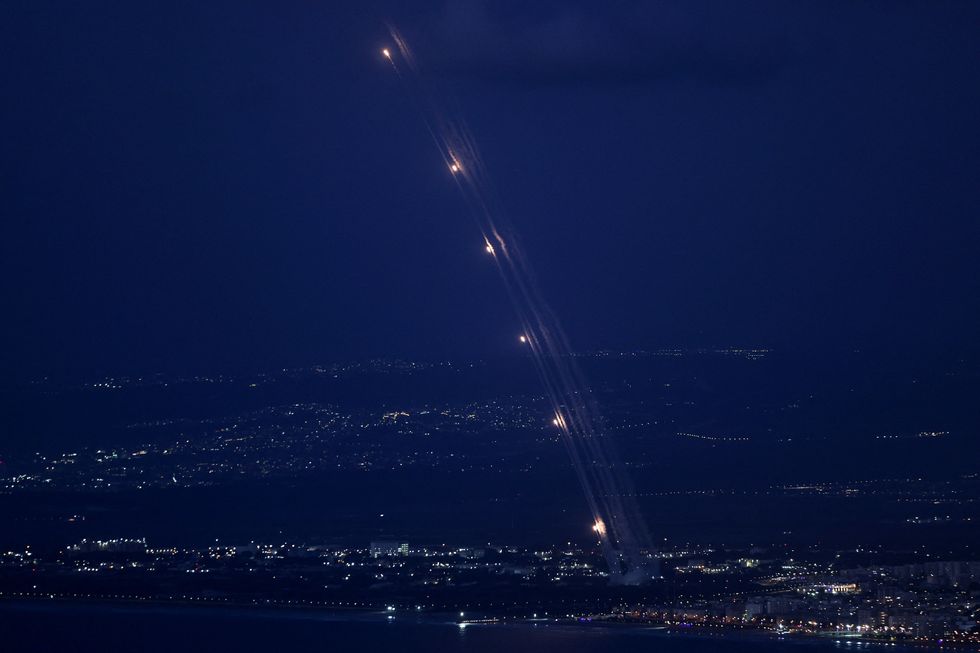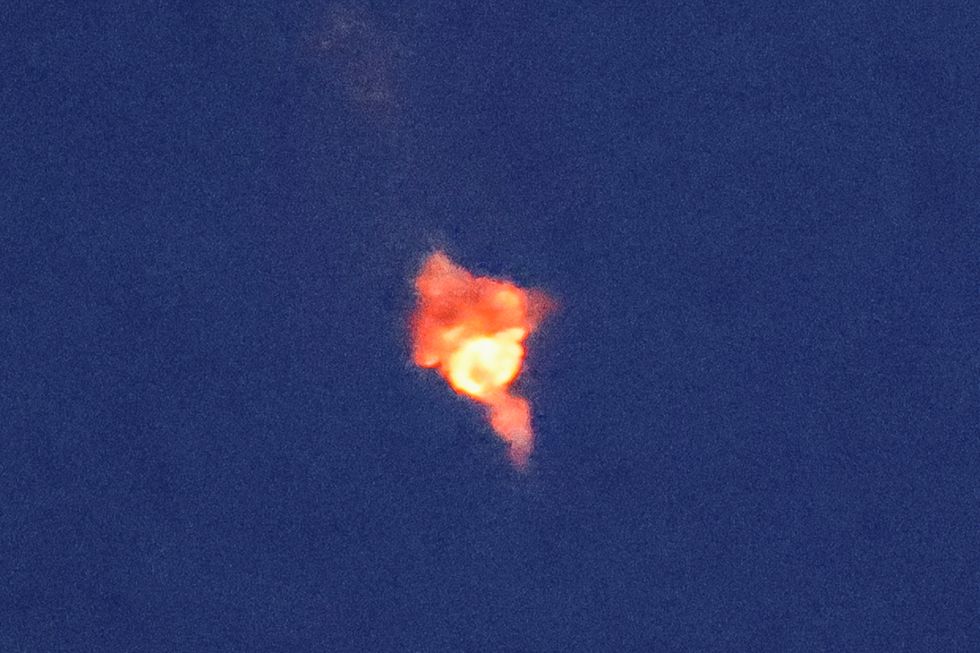British troops are still on the ground training the Lebanese armed forces – despite rising tensions and casualties which could put the region on course for a “doomsday” scenario.
Dozens of UK personnel are thought to be on the ground in Lebanon on a sensitive deployment to train the country’s army, but in the wake of a wave of Israeli air strikes which have left hundreds dead, fears are mounting that they could be at risk.
Defence sources in Britain have insisted there had been no changes to the scale of the programme in recent days despite the likelihood of an all-out war, and when asked by The Times, would not comment on the exact nature of the long-running scheme nor its scale.
Rami Mortada, Lebanon’s ambassador to the UK, said: “The British Army is a very close partner to the Lebanese armed forces.

Hezbollah members took to the streets after the Mossad-backed pager bombs
REUTERS
“They have been very active on training, providing equipment and technical advice.
“Specifically on the situation in south Lebanon, the UK was also very proactive in trying to play its role in what we refer to as the de-escalation scheme.”
The aim of such a scheme – led by US forces – focuses on how best to cool any escalation of rocket skirmishes between Israel and terror group-cum-political party Hezbollah near the Israel-Lebanon border, Mortada said.
The Lebanese armed forces have been trained by UK forces for years, but very little is known about the programme.
READ MORE FROM THE MIDDLE EAST:
- Labour accused of ‘bowing to the mob’ over Israel arms ban after ‘Hamas gunmen hijack food aid trucks’
- ‘All-out war’ in Lebanon ‘could radicalise new generation of migrants in Britain’ as Lammy calls emergency Cobra meeting
- Airstrikes on Hezbollah in Lebanon is a ‘serious escalation’, says Tobias Ellwood

Foreign Secretary David Lammy has called for an immediate ceasefire
PA
And the British Government has hoped that by bolstering Lebanese forces they would be in a stronger position to maintain security in the country than Iran-backed Hezbollah – the world’s most heavily-armed non-state force.
But in the wake of a devastating spate of Mossad-backed pager and walkie-talkie attacks on Hezbollah devices, tensions look close to breaking point.
Hezbollah had vowed to exact “just punishment” on Israel for what it called its “sinful aggression” through the device attacks – but it has been Israel which has taken the upper hand in the days since.
On September 23, Lebanon’s health ministry said at least 492 people were killed, with a further 1,645 wounded, in Israeli strikes on Monday alone.
Of those numbers, fewer than a fifth of the dead were women and children – and Israel’s military has said it is “targeting combat infrastructure” built by Hezbollah as it prepares for the “next stage” of its cross-border operations.

Israel’s formidable Iron Dome has been called into action
REUTERS

The Iron Dome has been intercepting Hezbollah rockets for days
REUTERS
And though Hezbollah has retaliated in kind with its own rocket sorties, Israel’s formidable Iron Dome has been called into action once again to intercept their missiles mid-air.
But if Israel mounted a ground invasion of its neighbour to the north, the UK would be left in an extremely precarious diplomatic position, having strived to maintain cordial relations with both governments.
It’s understood that British officials are considering whether or not they would go to Israel’s aid should it come under attack as a result of an invasion into Lebanon.
Protecting Israel against a defensive attack by the Lebanese armed forces would be leagues more diplomatically complicated than responding to an attack by Iran, for example.
And though Foreign Secretary David Lammy has called for an immediate ceasefire, the Lebanese ambassador has warned that “the Israelis seem to be heading towards the exact opposite direction”.